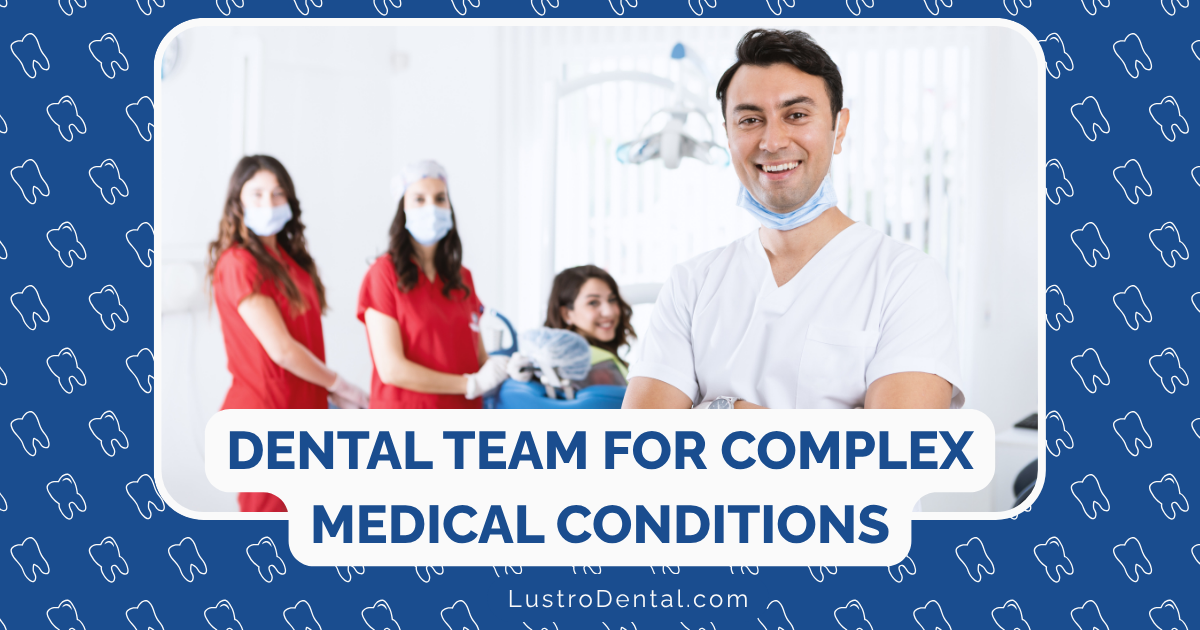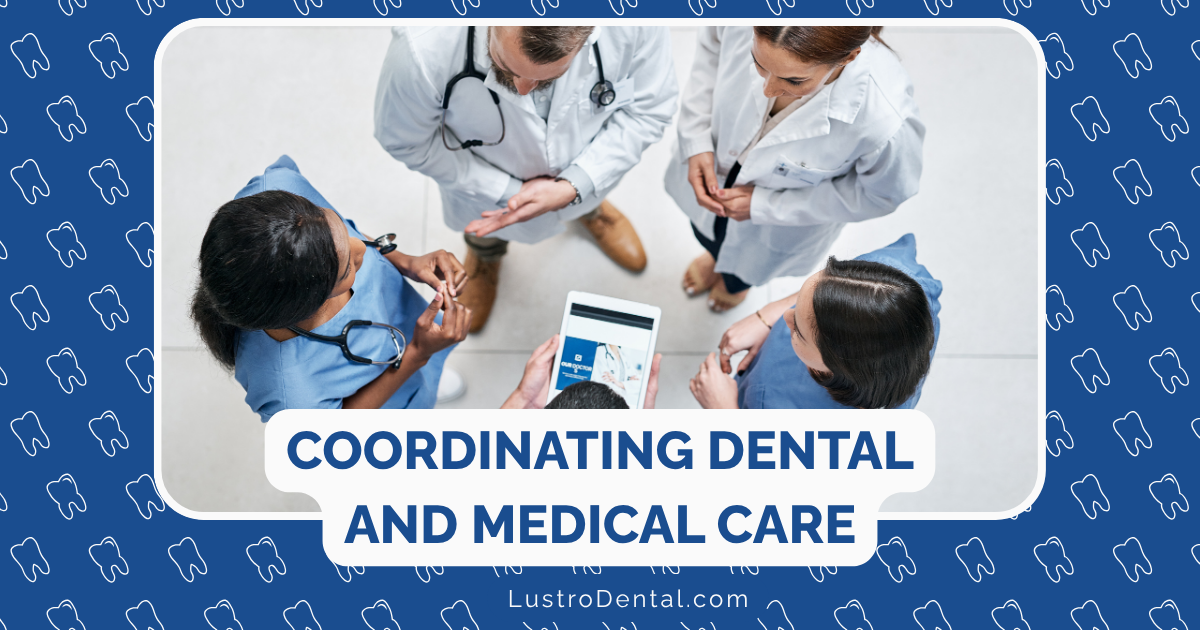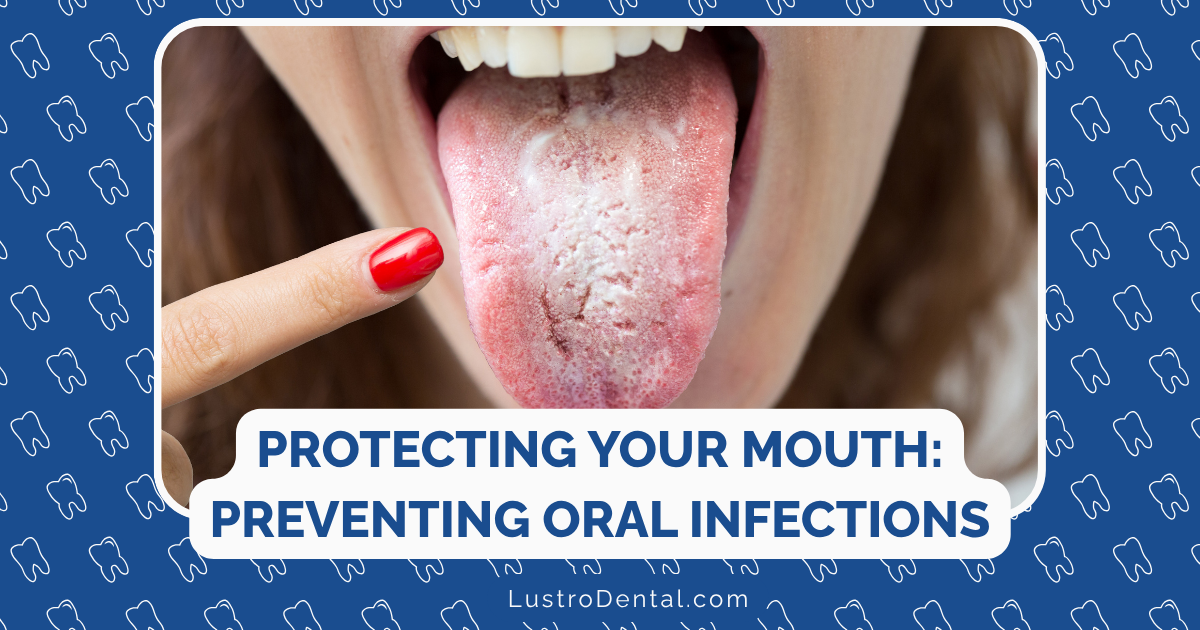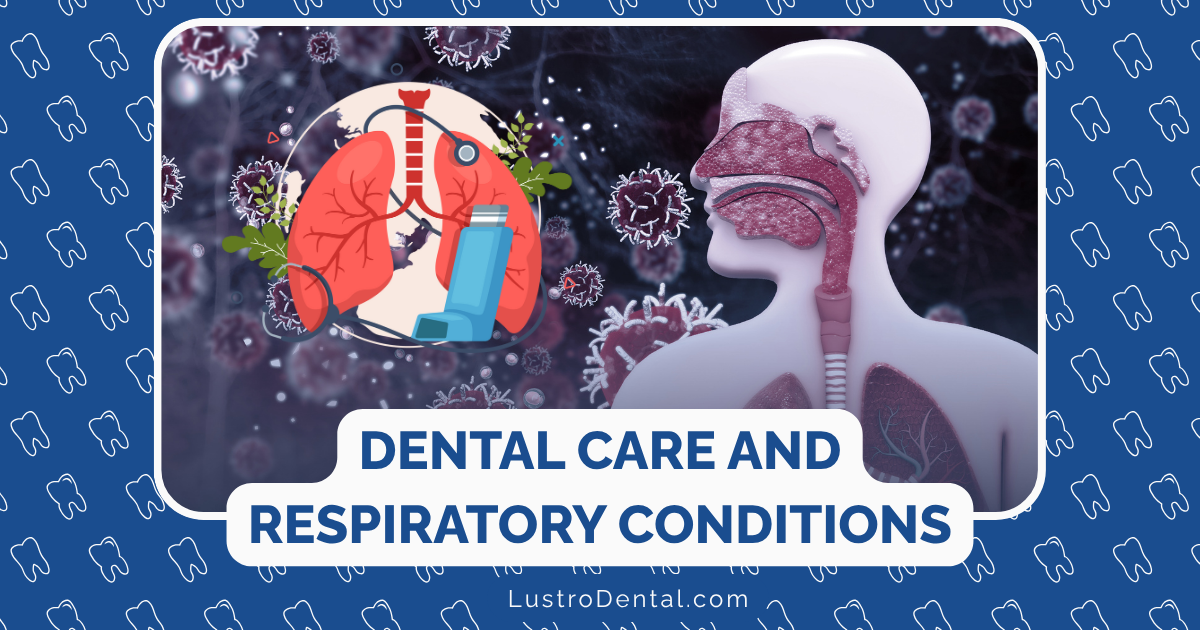Quality of Life Through Oral Health: The Importance of Comfortable Dentition for Seniors
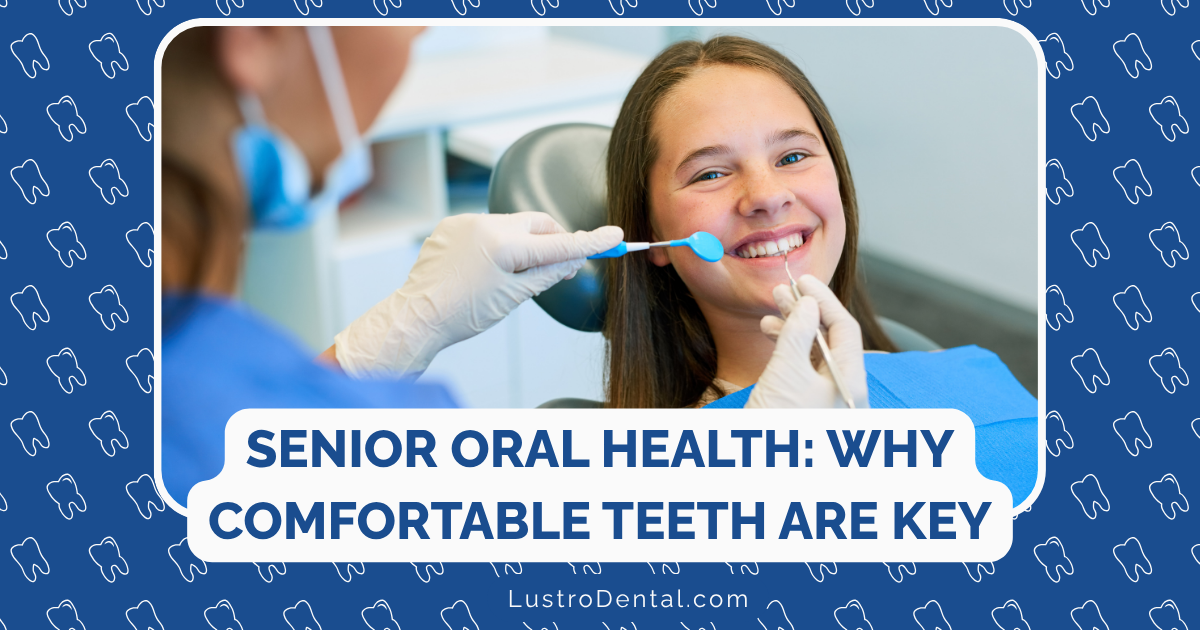
When we think about factors that influence quality of life in our later years, we often focus on mobility, cognitive health, and management of chronic conditions. Yet one crucial aspect frequently overlooked is oral health—specifically, the comfort and functionality of our teeth or dental prosthetics. As a dental health advocate who has worked with seniors for years, I’ve witnessed firsthand how profoundly a comfortable dentition can transform a person’s daily experience and overall well-being.
The state of our mouths affects far more than just our ability to chew. It influences our nutrition, our willingness to socialize, our self-confidence, our comfort, and even our systemic health. For seniors, these connections become even more critical as other health challenges may compound the effects of poor oral health.
The Current State of Senior Oral Health: Concerning Statistics
Before exploring solutions, it’s important to understand the scope of oral health challenges facing today’s seniors:
- According to the National Institute of Dental and Craniofacial Research, approximately 17% of adults aged 65 and older are completely edentulous (without teeth), with the figure rising to about 18% for those 75 or older.
- Nearly 70% of older Americans suffer from some form of periodontal disease, the leading cause of tooth loss among seniors.
- About 30% of older adults experience xerostomia (dry mouth), often as a side effect of medications—with over 500 commonly prescribed medications known to reduce saliva production.
- Nearly 50% of individuals aged 75 and older are impacted by root caries, making them particularly vulnerable to tooth decay.
- One in five seniors has untreated tooth decay, with rates significantly higher among minority populations and those living in poverty.
- Only 3 in 5 adults aged 65 to 74 have what’s considered a functional dentition (at least 21 natural teeth)—and among those living in poverty, this drops to just 31%.
These numbers reflect not just dental problems but potential quality of life issues that affect millions of older adults daily.
How Oral Health Impacts Overall Well-being for Seniors
The relationship between oral health and quality of life is multifaceted, touching virtually every aspect of a senior’s daily experience:
Physical Health Connections
Nutritional Impact: Poor dentition often leads to dietary restrictions as seniors avoid foods that are difficult to chew. Research shows this can result in lower intake of fruits, vegetables, and protein-rich foods, potentially leading to nutritional deficiencies. A study published in the Journal of the American Geriatrics Society found that edentulous seniors consumed significantly fewer nutrients and had lower serum levels of key vitamins compared to those with functional dentition.
Systemic Health Effects: The mouth-body connection is particularly significant for seniors:
- Untreated gum disease can complicate management of diabetes and heart disease
- Poor oral health is linked to increased risk of pneumonia, a leading cause of death in older adults
- Research has found associations between tooth loss and higher likelihood of developing Alzheimer’s disease and memory problems
- Chronic oral inflammation may exacerbate other inflammatory conditions common in seniors
Dr. Sarah Johnson, a geriatric dentist, explains: “When we improve a senior’s oral health, we often see improvements in their overall health markers. Blood sugar becomes easier to control for diabetic patients, and respiratory infections decrease. It’s not just about teeth—it’s about whole-body wellness.”
Psychological and Social Impacts
The psychological effects of poor oral health can be profound:
Self-Esteem and Confidence:
- 60% of seniors report worrying about being judged based on their dental health
- 37% of seniors indicate that tooth pain or poor dental appearance exacerbates feelings of depression
- Research published in the Journal of Oral Rehabilitation found that poor oral health-related quality of life was associated with significantly higher odds of experiencing mental depression, with a clear dose-response relationship
Social Interaction:
- Many seniors with dental problems avoid social situations due to embarrassment about appearance or difficulty speaking
- A 2024 study found that poor oral health-related quality of life is significantly associated with higher levels of loneliness
- Difficulty communicating due to missing teeth or ill-fitting dentures can lead to social withdrawal
Maria, a 78-year-old who recently received implant-supported dentures, shares: “I had stopped going to my weekly bridge club because I was so self-conscious about my loose dentures. They would click when I talked, and I was always worried about them slipping. Now I’m back to socializing regularly, and it’s made such a difference in my happiness.”
Comfortable Dentition Options for Seniors
Modern dentistry offers several solutions for seniors seeking to improve their oral comfort and function:
Traditional Complete and Partial Dentures
Despite advances in dental implants, dentures remain a common solution for many seniors:
Benefits:
- More affordable initial cost compared to implants
- Non-surgical option for those with health complications
- Can restore appearance and some function relatively quickly
Challenges:
- May become loose over time as jawbone resorbs
- Can cause sore spots and discomfort
- Typically provide only 25-50% of natural chewing efficiency
- Require adhesives and regular adjustments
- May affect taste and speech
Modern Improvements:
- Digital denture design allows for more precise fit
- Newer materials offer improved comfort and durability
- Better impression techniques create more stable prosthetics
For those using traditional dentures, regular adjustments and relines are essential to maintain comfort as the jawbone changes shape over time.
Implant-Supported Solutions
Dental implants have revolutionized options for seniors with missing teeth:
Implant-Retained Overdentures:
- Dentures that snap onto 2-4 implants
- Provide significantly improved stability compared to traditional dentures
- Prevent denture movement during speaking and eating
- Allow for smaller prosthetic design (especially in upper arch)
- Research shows significant improvements in patient satisfaction compared to conventional dentures
Fixed Implant-Supported Bridges:
- Permanent teeth attached to multiple implants
- Function most like natural teeth
- Preserve jawbone and facial structure
- Eliminate the need for removal and special cleaning
- Provide nearly 100% of natural chewing efficiency
Single Implants for Partial Tooth Loss:
- Replace individual missing teeth without affecting adjacent teeth
- Maintain jawbone structure at the implant site
- Function and feel like natural teeth
- Success rates up to 98% with proper care
Dr. Robert Chen, a prosthodontist specializing in geriatric care, notes: “The quality of life improvement we see with implant-supported dentition is remarkable. Patients who struggled with conventional dentures for years suddenly find they can eat normally, speak clearly, and smile with confidence. The psychological boost is often as significant as the functional improvement.”
Hybrid Solutions
For many seniors, a combination approach works best:
- Implant-supported partial dentures: Combine the stability of implants with the affordability of partial dentures
- Strategic implant placement: Using just a few implants to stabilize an otherwise conventional denture
- Preserving key natural teeth: Maintaining strategic natural teeth when possible to support partial dentures
Overcoming Barriers to Comfortable Dentition for Seniors
Despite the clear benefits of comfortable dentition, seniors face several barriers to obtaining appropriate care:
Financial Challenges
- Medicare does not cover routine dental care, leaving many seniors without coverage
- One in three adults enrolled in Medicare have no dental coverage
- The initial cost of implants can be prohibitive, though they often prove cost-effective over time
- Many seniors live on fixed incomes that make extensive dental work challenging
Potential Solutions:
- Dental schools often offer reduced-cost services
- Some dental practices offer payment plans specifically for seniors
- Dental discount plans can provide savings on procedures
- Advocacy for Medicare dental coverage expansion continues
Physical and Logistical Barriers
- Transportation difficulties may prevent regular dental visits
- Physical limitations can make maintaining oral hygiene challenging
- Cognitive impairments may affect ability to care for prosthetics
- Multiple health conditions may complicate dental treatment
Potential Solutions:
- Mobile dental services that come to senior living facilities
- Adaptive tools for oral hygiene (enlarged toothbrush handles, floss holders)
- Caregiver training for assisting with oral care
- Coordination between dental and medical providers
Fear and Misunderstanding
- Dental anxiety may be particularly strong in older generations
- Misconceptions about inevitable tooth loss with aging
- Lack of awareness about modern options for comfortable dentition
- Previous negative dental experiences
Potential Solutions:
- Dentists specializing in geriatric care with appropriate comfort measures
- Educational programs about modern dental options
- Peer support from other seniors who have successfully improved their oral health
- Gradual approach to treatment that builds trust and comfort
Practical Tips for Maintaining Oral Comfort as We Age
Whether you have natural teeth, dentures, or implants, these strategies can help maintain comfort and function:
For Natural Teeth
- Adapt oral hygiene tools: Use electric toothbrushes, floss holders, or water flossers if dexterity is limited
- Address dry mouth: Stay hydrated, use alcohol-free rinses, and discuss medication adjustments with your doctor
- Consider professional-strength fluoride: Ask your dentist about prescription fluoride toothpaste or rinses
- Increase dental visit frequency: Consider 3-4 month recall intervals rather than the standard 6 months
- Be proactive about sensitivity: Use desensitizing toothpaste and report changes to your dentist promptly
For Denture Wearers
- Maintain proper fit: Seek adjustments at the first sign of looseness or discomfort
- Practice meticulous cleaning: Clean dentures daily with appropriate products (not toothpaste, which can be abrasive)
- Rest your gums: Remove dentures for at least a few hours daily, typically while sleeping
- Consider adhesive innovations: Try different products to find the most comfortable solution
- Massage gums: Gentle gum massage can improve circulation and comfort
For Implant Patients
- Maintain diligent hygiene: Clean thoroughly around implants with appropriate tools
- Attend regular maintenance visits: Professional cleaning of implants requires specialized instruments
- Address grinding or clenching: Consider a night guard if you clench or grind your teeth
- Report any changes immediately: Catch potential issues with implants early
- Follow loading guidelines: Respect your dentist’s advice about when and how to use new implants
Success Stories: Transforming Lives Through Comfortable Dentition
James’s Story: From Isolation to Engagement
James, 82, had worn the same pair of ill-fitting dentures for over 15 years. He had gradually withdrawn from social activities and drastically limited his diet to soft foods he could manage. After receiving implant-supported overdentures, the transformation was remarkable.
“I had forgotten what it was like to bite into an apple or laugh without worrying about my teeth,” James shares. “Now I’m hosting dinner parties again and actually enjoying food. My daughter says I’m like a different person—more engaged, happier, more confident.”
Eleanor’s Story: Addressing the Nutrition Gap
Eleanor, 75, had been losing weight steadily due to difficulty eating with her partial dentures. Her doctor was concerned about her nutritional status and referred her to a prosthodontist who created a more comfortable and functional prosthetic.
“I had been existing on yogurt, applesauce, and meal replacement shakes,” Eleanor explains. “With my new partial denture, I can eat meat, fresh vegetables, and all the foods I’d given up. My latest bloodwork showed significant improvements in my nutrient levels, and I’ve regained the weight I’d lost.”
Robert’s Story: Relieving Chronic Pain
Robert, 70, had suffered from chronic jaw pain related to ill-fitting dentures for years. The constant discomfort affected his mood, sleep, and quality of life. After being fitted with properly designed dentures, the transformation was immediate.
“I didn’t realize how much pain I had been in until it was gone,” Robert says. “I’m sleeping better, I have more energy, and I’m not irritable all the time. My wife says she has her husband back.”
The Future of Comfortable Dentition for Seniors
As the population ages, innovations continue to improve options for seniors:
- 3D printing technology is making precise, custom dental prosthetics more affordable
- Mini dental implants offer less invasive options for denture stabilization
- Bioactive materials are being developed that may help prevent decay around restorations
- Teledentistry is expanding access to dental consultations for homebound seniors
- Advocacy efforts continue to push for Medicare dental coverage
Conclusion: Prioritizing Oral Comfort for Quality Aging
Comfortable dentition is not a luxury for seniors—it’s a necessity for quality living. The ability to eat nutritious foods, speak clearly, smile confidently, and live without oral pain directly impacts physical health, emotional well-being, and social engagement.
As we advocate for comprehensive healthcare for seniors, dental care must be included as an essential component. The research is clear: oral health and overall quality of life are inextricably linked, particularly for older adults.
Whether through maintaining natural teeth, optimizing denture fit, or exploring implant options, seniors deserve solutions that allow them to eat, speak, and smile with comfort and confidence. By prioritizing oral health, we support not just dental function but the dignity, nutrition, social connection, and joy that contribute to truly thriving in our later years.
What has been your experience with dental comfort as you’ve aged? Have you found solutions that improved your quality of life? Share your stories in the comments below.


